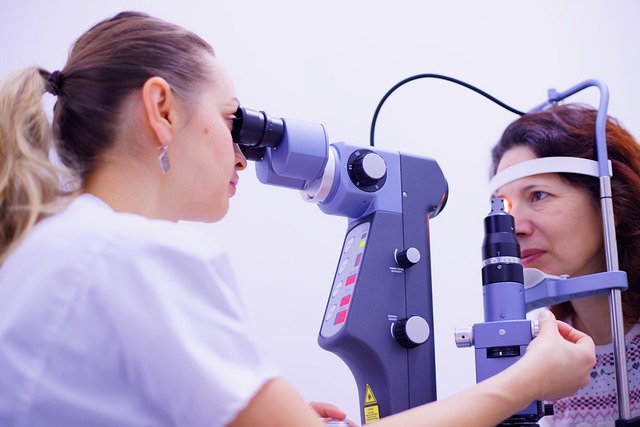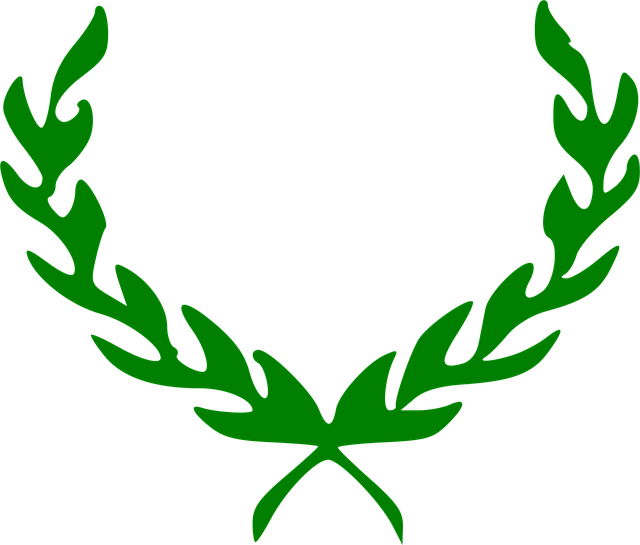Warts, caused by HPV, are common skin growths treatable by certified wart removal doctors. Options range from OTC salicylic acid to professional methods like cryotherapy and laser therapy. While home remedies exist, consulting a doctor offers safer, more effective removal for sensitive skin or stubborn warts. Post-removal care includes hygiene and monitoring for reoccurrence, with professional guidance ensuring optimal results.
Are you looking for quick and effective ways to get rid of warts at home? Warts can be unsightly and uncomfortable, but with the right approach, you can say goodbye to them fast. This comprehensive guide covers everything from understanding wart causes and types to exploring over-the-counter treatments, certified professional-approved home remedies, safe removal techniques, and preventing recurrence. By following these tips, you’ll be well on your way to smooth, wart-free skin with the help of a certified wart removal doctor.
- Understanding Warts: Causes and Types
- Over-the-Counter Treatments for Fast Results
- Home Remedies Approved by Certified Professionals
- Quick and Safe Removal Techniques at Home
- Preventing Wart Recurrence: Post-Removal Care Tips
Understanding Warts: Causes and Types

Warts are common skin growths caused by various types of human papillomavirus (HPV). They can appear anywhere on the body but often show up in areas subject to friction or trauma, such as hands and feet. While many warts disappear without treatment, others can persist for months or even years. Understanding the causes and different types of warts is the first step towards effective management.
There are several types of warts, each with its own characteristics. Common warts, also known as verrucae, are rough, small bumps that usually appear on the hands or feet. Plantar warts grow on the soles of the feet and can cause discomfort when walking. Flat warts are small, smooth, and flat-topped, often found on children’s faces, legs, and arms. A certified wart removal doctor may recommend various treatments, including freezing with liquid nitrogen (cryotherapy), topical medications, or surgical excision, depending on the type and location of the wart, as well as the patient’s age and health status, considering even issues like wart removal for elderly patients. For instance, a Bristol wart clinic might offer specialized care tailored to these needs, including innovative treatments suitable for sensitive cases like those in Kent Gillingham.
Over-the-Counter Treatments for Fast Results

Over-the-counter (OTC) treatments offer a convenient and often effective way to address warts at home. Many popular OTC options contain salicylic acid, which softens and removes layers of the wart over time. These products are widely available at pharmacies and can provide fast results when used consistently. Some people also swear by natural remedies like duct tape or apple cider vinegar, though their effectiveness may vary.
For those seeking faster relief or dealing with stubborn warts, consulting a certified wart removal doctor is advisable. Professional services, such as those offered at reputable clinics like Cheltenham Wart Clinic, Private Wart Removal Coventry, or Private Wart Removal Gloucester, can provide advanced treatments like cryotherapy (freezing) or topical medications that are stronger than OTC options. These specialists ensure accurate diagnosis and personalized care, helping to eliminate warts promptly and effectively.
Home Remedies Approved by Certified Professionals

Many people opt for home remedies to get rid of warts fast, and while some methods show promise, it’s essential to consult a certified wart removal doctor like those at reputable clinics such as Kent Gillingham Wart Clinic or Bristol Wart Clinic. While private wart removal in London is accessible, self-treating can sometimes lead to complications or prolonged healing. Certified professionals have the expertise and tools to offer effective, safe treatments tailored to each individual case.
Common home remedies include applying apple cider vinegar, duct tape, or salicylic acid. However, these methods may not be as efficient as professional treatments. A certified wart removal doctor can prescribe stronger medications like cryotherapy (freezing), laser therapy, or immunosuppressant creams, ensuring faster and more permanent results. Always remember that a licensed professional’s guidance is invaluable when it comes to sensitive skin issues like warts.
Quick and Safe Removal Techniques at Home

If you’re looking for quick and safe ways to remove warts at home, there are several effective techniques worth considering. One of the most popular choices is using over-the-counter treatments, such as salicylic acid or duct tape methods, which are readily available and can provide noticeable results in a short time. These options offer a more comfortable and private approach to wart removal compared to visiting a certified wart removal doctor.
When opting for at-home treatments, it’s crucial to choose the right wart treatment suited for your specific case. For instance, while these methods are suitable for most people, including pregnant women (with consultation from their healthcare provider), those with sensitive skin or severe cases might require professional assistance. Private wart removal in Leeds or any other location is an option for those seeking discreet and specialized care, ensuring the best possible outcome without leaving your home.
Preventing Wart Recurrence: Post-Removal Care Tips

After successfully removing a wart, it’s crucial to take proactive steps to prevent its recurrence. The first line of defence is consistent hygiene and cleanliness. Keep the affected area clean and dry, and avoid touching or scratching it. Since warts are highly contagious, disinfecting surfaces and objects that come into contact with the treated area can also help. Regularly sterilize items like towels, socks, and footwear to minimize the risk of reinfection.
For ongoing protection, consider consulting a certified wart removal doctor for expert advice. They may recommend specific post-removal care routines, including over-the-counter medications or topical treatments to soothe the skin and prevent any scarring. Additionally, keeping an eye out for new warts or changes in existing ones is vital. If you notice any signs of reoccurrence, such as itching or pain, it’s advisable to seek help from a top-rated doctor for skin tags or a specialist in wart removal, like those available in Doncaster, to ensure effective and timely treatment.
Warts can be a persistent nuisance, but with the right approach, you can achieve fast and effective removal at home. From understanding the various types and causes to exploring over-the-counter options and professional-approved home remedies, there are multiple strategies to choose from. Quick and safe techniques, combined with proper post-removal care, can significantly reduce wart recurrence. Remember, while these methods offer guidance, consulting a certified wart removal doctor is essential for severe cases or persistent warts that refuse to disappear.
